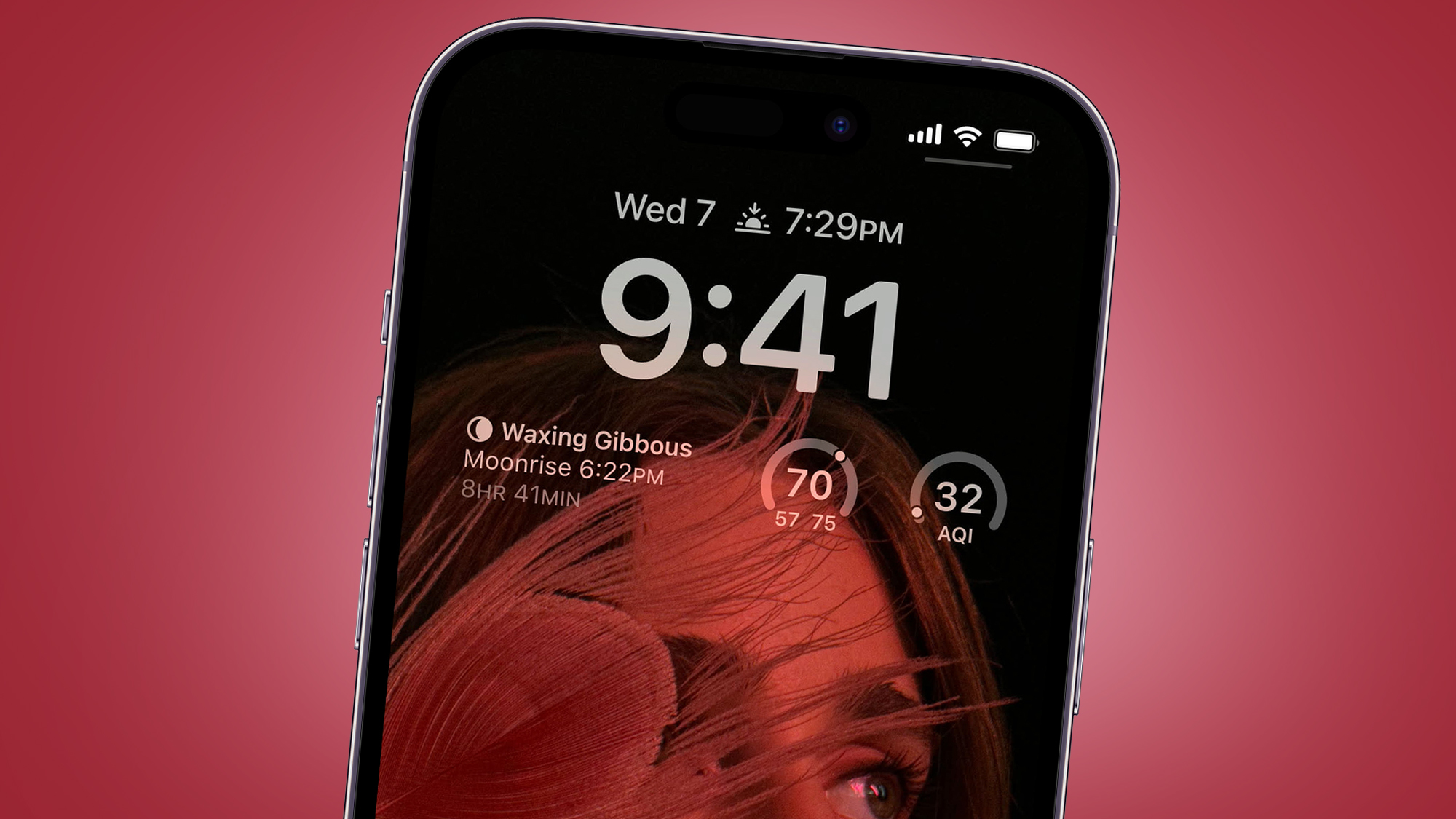
- iPhones in the possession of police have been mysteriously rebooting
- A report has confirmed that it’s a security feature in iOS 18.1
- It's to protect your data from thieves, hackers, and others
If your iPhone gets lost or stolen, or otherwise ends up in the wrong hands, the last thing you want is for someone to access all your private data, which might include photos, bank details, account passwords and other sensitive information – and a new feature in iOS 18.1 appears to be designed to keep your data safe.
If your iPhone has gone unused for around 96 hours (or four days) since it was last unlocked, it will automatically reboot, providing it's running iOS 18.1 or later.
What’s the purpose of this? Well, when an iPhone is rebooted, it moves from what’s called After First Unlock (AFU) mode to a Before First Unlock (BFU) status. An iPhone running in BFU mode is more secure than one in AFU, making it much harder to crack or break into. The idea seems to be that this will thwart thieves who have your device and are waiting until they're able to get an unlocking device that will enable them to access your private data.
Apple indeed added a feature called "inactivity reboot" in iOS 18.1. This is implemented in keybagd and the AppleSEPKeyStore kernel extension. It seems to have nothing to do with phone/wireless network state. Keystore is used when unlocking the device.https://t.co/ONZuU9zVt2 https://t.co/4ORUqR6P6N pic.twitter.com/O3jijuqpN0November 8, 2024
Over the past week, this new feature has caused a lot of consternation among law enforcement officials. It was first cited in a case where a police forensic lab noted that a batch of iPhones that were awaiting forensic examination had all rebooted at around the same time, leading to speculation that Apple had implemented an unannounced security feature in iOS 18. While some initially thought that this could be an iPhone 16 bug that’s been known to cause devices to restart, fresh research suggests that’s not the case.
According to experts who spoke to 404 Media, iOS 18.1 contains a new feature called “inactivity reboot” that restarts a device after around four days of dormancy. This was confirmed by Magnet Forensics’ Christopher Vance, who wrote in a law enforcement group chat that iOS 18.1 contains an inactivity timer, and that when this timer runs out, “the device reboots, moving from an AFU state to a BFU state.”
Apple has a long history of pushing back against efforts by law enforcement to compromise the security of its devices, arguing that enabling a backdoor for police and other agencies would weaken the security of millions of innocent people’s devices, making it much easier for hackers to break into these products. After all, a backdoor for the police can be accessed by anyone with the right tools.
In this case it seems more likely that Apple’s motivation is to protect its users’ data from thieves and more common mishaps. After all, it’s probably more likely that you’ll have a phone stolen than have it forensically examined by the police. Either way, Apple’s new feature should protect you in both cases.







